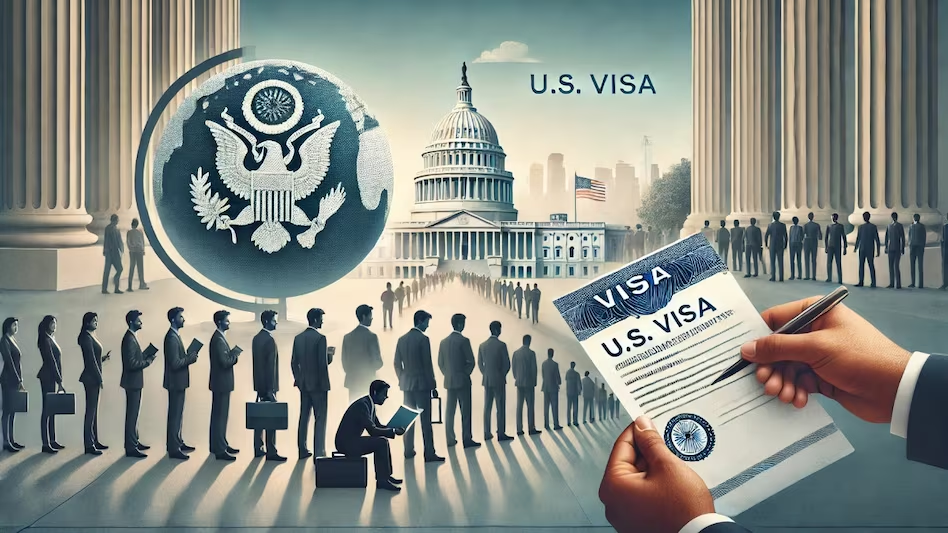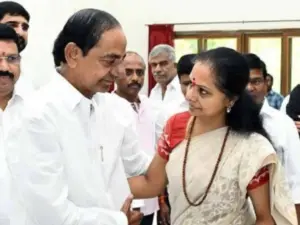
On January 23, 2025, President Donald Trump signed an executive order to end the long-established practice of granting automatic citizenship to U.S.-born children of undocumented immigrants. The order, set to take effect in 30 days, challenges a cornerstone of U.S. immigration policy and sets the stage for a legal battle over the interpretation of the 14th Amendment of the U.S. Constitution.
The 14th Amendment, which has been in place for over 150 years, guarantees that anyone born in the U.S. is automatically granted citizenship, regardless of their parents’ immigration status. Under the new executive order, however, children born to parents who are not U.S. citizens or lawful permanent residents will no longer be considered U.S. citizens at birth, effectively overturning the constitutional interpretation upheld by the courts for over a century.
President Trump has argued that the 14th Amendment has been misinterpreted, asserting that it was never intended to universally grant citizenship to all individuals born on U.S. soil. According to the new executive order, federal agencies will no longer issue citizenship documents to children born under such circumstances, leading to potential legal complications and uncertainties for immigrant families, particularly those within the Indian community.
Impact on Indian Immigrant Families
The new rule will have profound implications for Indian immigrants, especially those who are navigating the U.S. immigration system and facing a decades-long backlog in employment-based green card processing. Many Indian families have relied on birthright citizenship for their U.S.-born children as a strategic tool in securing long-term legal standing in the country. The ability to have a U.S. citizen child meant that parents could, over time, rely on that child’s future ability to sponsor them for a green card, helping them achieve permanent residency.
Under the new executive order, however, children born to parents on temporary work visas such as H-1B or dependent H-4 visas will no longer automatically receive U.S. citizenship. This creates uncertainty for many families already grappling with delays in obtaining permanent residency, forcing them to reassess their immigration plans.
Legal experts, including immigration attorney Greg Siskind, have expressed concerns about the far-reaching consequences of the order. Siskind, co-founder of the immigration law firm Siskind Susser, labeled the executive order “stunningly unconstitutional” and emphasized that the 14th Amendment’s phrase “subject to the jurisdiction thereof” has historically been interpreted to include nearly all individuals born on U.S. soil, except children of diplomats or foreign government representatives.
Immediate Consequences for Families
For Indian couples residing in the U.S. on non-immigrant work visas, the immediate impact of the executive order is clear. Birthright citizenship has historically served as a stabilizing factor for families, ensuring that children born in the U.S. would enjoy legal protections, including the eventual possibility of sponsoring their parents for permanent residency. Without this guarantee, Indian families may find themselves forced to consider returning to India if their visas expire without the ability to obtain green cards.
Immigration lawyer insights suggest that many families will need to reassess their future immigration strategies, as this shift significantly changes the landscape of U.S. immigration law. The order could force a shift in the planning of immigration petitions, family reunification efforts, and employment-based immigration trajectories for many Indian nationals.
Legal Challenges Ahead
Legal experts widely predict that this executive order will face substantial challenges in court. The order’s potential conflict with the 14th Amendment is expected to trigger a major legal battle, likely culminating in a Supreme Court decision. Given the current conservative-leaning makeup of the U.S. Supreme Court, the outcome of this legal challenge could have significant implications for future interpretations of birthright citizenship and the 14th Amendment.
As the legal process unfolds, millions of immigrant families, especially those within the Indian diaspora, will be closely watching the developments. For many, the ability to keep their families together in the U.S. is at stake, as this policy shift introduces new complexities and risks to their long-term immigration plans.
In conclusion, the executive order to end automatic citizenship for U.S.-born children of undocumented immigrants marks a significant shift in U.S. immigration policy. While the legal battle over its constitutionality is just beginning, the social and emotional consequences for families caught in the crossfire are already being felt. Indian immigrant families, in particular, will need to prepare for the potential ramifications of this policy change, which could alter the future of their U.S. immigration prospects.
Recent Random Post:
















